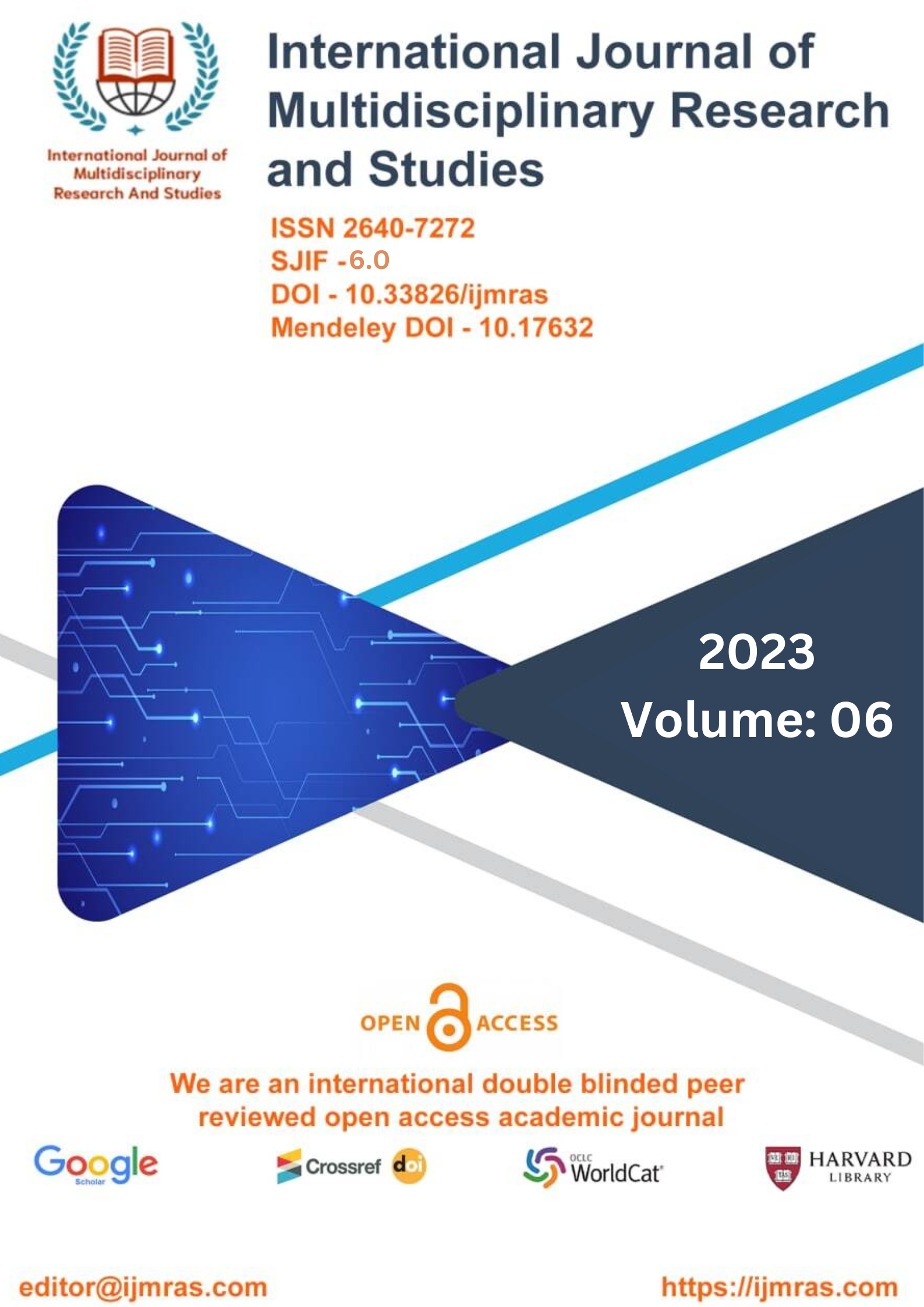Digitalization of public services: a phenomenological study of the meaning of information technology in increasing the quality of public services

Abstract
This study aims to determine the meaning of information technology in improving the quality of public services. This research is qualitative by using a phenomenological approach to understand the phenomenon comprehensively. Data collection techniques were carried out using in-depth interview techniques and direct observation of informants who took care of permits. The phenomenological data analysis technique used in this study is based on Edmund Husserl's ideas, namely Epoche, Noema, Noesis, Intentional Analysis, and Eidetic Reduction. The results of the research show that information technology is a tool for obtaining information which is the meaning of information technology in improving service quality. From this information technology can help people to communicate and disseminate information. The next meaning of information technology such as smartphones is as a communication tool. The use of information technology as a tool for communication provides convenience. Communities can communicate long distances easily and quickly. Lifestyle is also defined as the meaning of information technology to see the existing phenomenon that the use of information technology has become very important in everyday life. People's lifestyles are greatly influenced by the existence of technology. Starting from education, transportation, economy, even social. The various conveniences offered are one of the reasons for people to follow technological trends. Information Technology is like a valuable item, making human work easier and more efficient.
Keywords
Digitalization, Information Technology, Quality, Public serviceHow to Cite
References
Ari Kamayanti. (2016). Metodologi Penelitian Kualitatif Akuntansi, Yayasan Rumah Peneleh, Jakarta Selatan.
Bantun, S., Sari, J. Y., Z, N., Syahrul, S., & Budiman, A. (2021). Digitalisasi Pelayanan Publik Desa Palewai Dengan Sistem Informasi Desa. INFORMAL: Informatics Journal, 6(3), 160. https://doi.org/10.19184/isj.v6i3.25185
Fitriasari, F. (2020). How do Small and Medium Enterprises ( SMEs ) survive the COVID-19 outbreak ? Research method. 05(02), 53–62.
Frach, L., Fehrmann, T., & Pfannes, P. (2016). Measuring Digital Government: How to Assess and Compare Digitalisation in Public Sector Organisations. Digital Government: Leveraging Innovation to Improve Public Sector Performance and Outcomes for Citizens, 1–189. https://doi.org/10.1007/978-3-319-38795-6
Kirov, V. (2017). Policy Implications of Virtual Work. Policy Implications of Virtual Work, 251–272. https://doi.org/10.1007/978-3-319-52057-5
Laohasirichaikul, B., Chaipoopirutana, S., & Combs, H. (2011). Effective customer relationship management of health care: a study of hospitals in Thailand. Journal of Management and Marketing Research, 6, 1–12. http://search.proquest.com/docview/847386659?accountid=14495%5Cnhttp://diana.uca.es:4550/resserv?genre=article&issn=&title=Journal+of+Management+and+Marketing+Research&volume=6&issue=&date=2011-01-01&atitle=Effective+customer+relationship+management+of+he
Liu, C. (2012). The myth of informatization in rural areas: The case of China’s Sichuan province. Government Information Quarterly, 29(1), 85–97. https://doi.org/10.1016/j.giq.2011.06.002
Nurrahman, A., Dimas, M., Ma’sum, M. F., & Ino, M. F. (2021). Pemanfaatan Website Sebagai Bentuk Digitalisasi Pelayanan Publik Di Kabupaten Garut. Jurnal Teknologi Dan Komunikasi Pemerintahan, 3(1), 78–95. https://doi.org/10.33701/jtkp.v3i1.2126
Riyanto, A., Primiana, I., Yunizar, & Azis, Y. (2018). Disruptive Technology: The Phenomenon of FinTech towards Conventional Banking in Indonesia. IOP Conference Series: Materials Science and Engineering, 407(1). https://doi.org/10.1088/1757-899X/407/1/012104
Sekaran, U., & Bougie, R. (2016). Research Methods for Business: A Skill-Building Approach (Seventh Ed). John Wiley & Sons Ltd.
Setiawan, A., Alimuddin, & Said, D. (2017). Perilaku Wajib Pajak Orang Pribadi Dalam Penggunaan Sistem Informasi e- Filing: Sebuah Pendekatan Fenomenologi. Jurnal Analisis, 6(2), 151–158. http://pasca.unhas.ac.id/jurnal/files/eb62f4cff0aaaa655ed9b933edf02603.pdf
Soelasih, Y. (2015). Is Physical Evidence Still Valid ? A Study of Low Cost Carriers in Indonesia. 17(3), 203–218.
Supriyanto, E. E. (2016). Kebijakan Inovasi Teknologi Informasi (IT) Melalui Program Elektronik Goverment dalam Meningkatkan Kualitas Pelayanan Publik di Indonesia. Jurnal Ilmu Pemerintahan : Kajian Ilmu Pemerintahan Dan Politik Daerah, 1(1), 141. https://doi.org/10.24905/jip.v1i1.438
License
Copyright (c) 2023 Reski Wardani, Syarifuddin , Aini Indrijawati

This work is licensed under a Creative Commons Attribution 4.0 International License.
Individual articles are published Open Access under the Creative Commons Licence: CC-BY 4.0.




